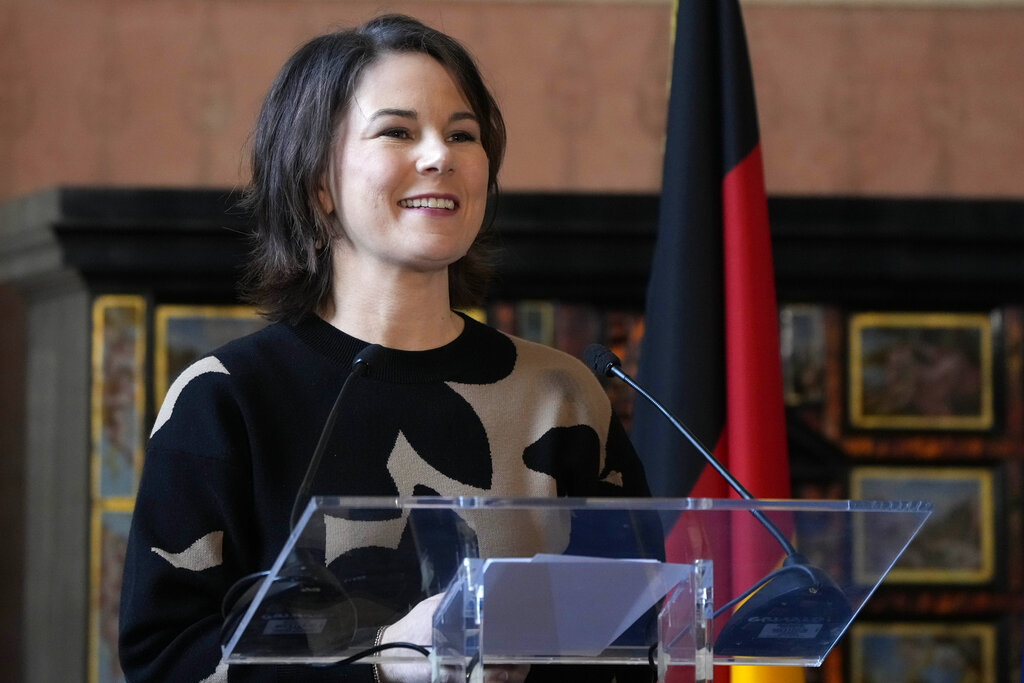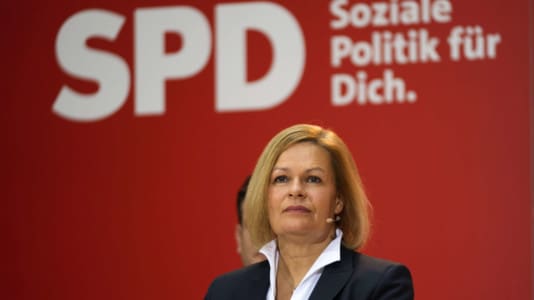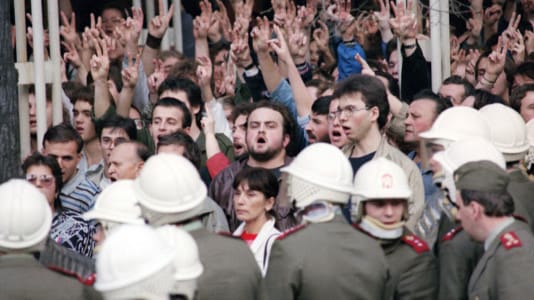Germany’s new Foreign Minister Annalena Baerbock will meet with her Russian counterpart, Sergey Lavrov, in Moscow on Tuesday to “discuss the most pressing international issues through a deep exchange of views,” according to a statement by the Russian Foreign Ministry spokeswoman.
The meeting is yet another spectacle of the ongoing sort-of-negotiations between Moscow and the West concerning the possible Russian invasion of Ukraine and Russia’s ultimatums.
Unfortunately, in the case of Russia discussing diplomatic relations with a German minister, we may be dealing with a poor lesson for two reasons.
First, if there is a country in Europe which bears the most responsibility for the last three decades of European policy towards Russia, it is Germany. And on the specific issue of a Russian conflict with Ukraine, ever since Angela Merkel’s decision in 2014 to exclude Poland from the Normandy Format, Berlin has assumed full responsibility in resolving this conflict on behalf of Europe.
Matters have now gotten out of hand. Now, Russia is threatening everyone with war and the main architect of Eastern policy, Angela Merkel, has politically retired.
It does not seem that anyone in Germany wants to remember about this responsibility and everyone prefers to hide behind the Americans once again. This is a good lesson on how German leadership in Europe in terms of geopolitics actually works.
The second issue concerns the deeper problem which is illustrated by Baerbock’s meeting with Lavrov. This will be, in essence, a meeting of two politicians from completely incompatible worlds. The growing conflict between the United States, China and Russia concerns the revision of the current world order which was established after the end of the Cold War.
Yet unlike the decision-makers in Washington, Moscow or Beijing, the end of the Cold War is becoming increasingly distant history for the increasingly younger Western European politicians like Baerbock. Climate change or fighting for the rights of women are incomparably more important to them than settling scores from the past.
It is not difficult to see, however, which one of these worlds will have their way today.





